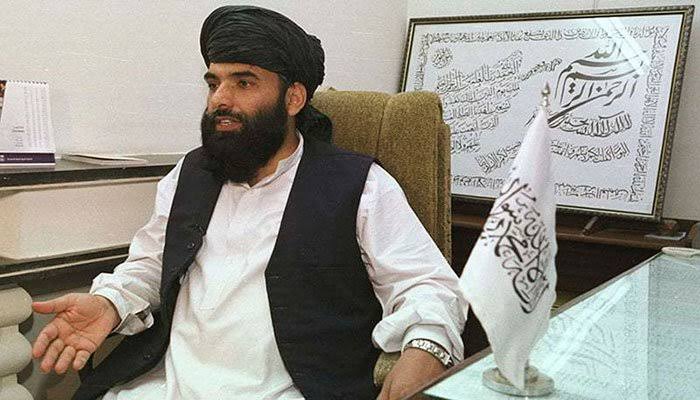Pakistan cannot dictate to Afghanistan

The takeover of Afghanistan by the Taliban has not been at all beneficial to Pakistan or its ISI. The Pakistani deep state is in tears. The Taliban’s rise to power has thrown up immediate Afghan – Pakistan border problems for Pakistan, as Afghanistan still refuses to recognize the Durand Line. Next its perceived relations with Taliban has the potential of further damaging the latter’s relationship with the West. Moreover, more and more radicalized Islamist forces are are now dangerously spilling over into Pakistan which the Country can ill-afford.
The new Taliban has not proven to be drastically different from its previous avatar, especially in terms of the policies and practices it follows. For instance, its puritan diktats, which range from enforcement of dress codes to suspension of schooling for girls beyond sixth standard (Al Jazeera, 2022), has drawn the ire of people both within Afghanistan and beyond.
At the same time, Taliban’s continues to be designated as an internationally proscribed entity. This will continue to mar its prospects of gathering international momentum in its favour, especially in view of its reluctance to break-off its links with terrorist outfits like the al-Qaeda.
The fall of Afghanistan to this radical group, the Afghan Taliban, has brought with it a host of challenges not only for the war-ravaged country itself but for the larger geopolitical dynamics in the South Asian region.
Taliban coming to power is said to have bolstered extremist sentiments throughout the region. The Taliban’s almost uncontested return to power has upset the delicate balance between the nation-states in this part of the world.
Dealing with a constitutional crisis of its own, the Pakistani finds itself In the midst of a geopolitical crisis, which is of its own making. The rise of its extremist protégé, the Taliban, to power in Afghanistan has created rippling effects for which Pakistan might be ill-prepared.
After all, with the nation-state of Afghanistan, its governance structures and administrative institutions firmly under its control, the Taliban will start feeling the pinch of having to deliver on its (controversial) promises, some of which might even be at odds with the interests of its military-ruled neighbour.
It must be mentioned here that the current government led by the Taliban is populated with individuals (and entities) that are known to have explicit backing of the Pakistani deep state. The Haqqani Network, for instance, is understood to be a critical middleman within the larger movement of the Taliban, which works to keep the balance in favour of Pakistani interests. It comes as no surprise then that the leader of the network, Sirajuddin Haqqani, has made his way into the Taliban’s government as the minister of interior.
Similarly, the rise of a so-called friendly regime in Afghanistan is being viewed as a strategic accomplishment by the Pakistani deep state (International Crisis Group, 2022), which for long had seen the democratic governments of Afghanistan as an implicit threat to its national security. Backed by Western countries on the one hand and being in a friendly alliance with India on the other, the previous regimes leading the Islamic Republic of Afghanistan were seen as being animus to Pakistan’s perpetual (and flawed) quest for “strategic depth”.
It is important to note here that Pakistan’s enduring rivalry with the India coloured its approach toward Afghanistan so much so that it viewed the latter’s humanitarian and developmental aid with unredeemable suspicion. In fact, the former Pakistani foreign minister, Shah Mahmood Qureshi, had gone onto claim that the Indian embassies and consulates in Afghanistan had become a “hub for terror sponsorship against Pakistan”.
However Qureshi is not only phony but also counterfactual given that there has been an increase in the intensity of attacks within Pakistan since the Taliban takeover in August 2021.
According to a report published by the International Crisis Group, “the Taliban, in fact, at least initially appeared in some ways to be dictating Pakistan’s policy choices – forcing Islamabad to concede to at least some demands on cross-border movement and pressuring it to reach a negotiated settlement with the Pakistani Taliban”.
That the Taliban has managed to turn the tables, even a little bit, indicates that all may not be well in the client-patron paradise.
The consolidation of political power in the hands of the Afghan Taliban has given the group some leverage to negotiate with its Pakistani benefactor on a plane shared (only) by state actors. Though It will be tough for Pakistan to not be seen as a protector of a pariah regime.
Hence, while the so-called victory of the Taliban may have delivered a sense of gratification to the powerful army-intelligence nexus of Pakistan in the short term, it is entirely possible that the Frankenstein will turn on its creator sooner than later. In some ways, it already has.




